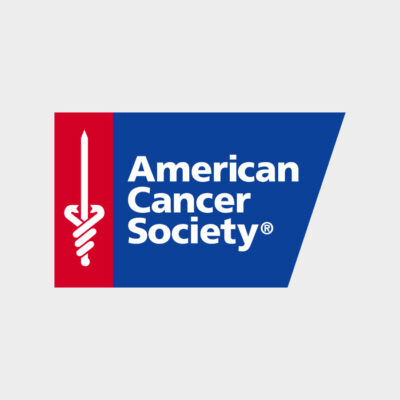How can science prevent cancer cells from becoming resistant to treatment? Why does cancer risk increase as we grow older? And how can Dana-Farber make it easier for patients from marginalized communities to receive cancer care?
The American Cancer Society (ACS) recently awarded $1.12 million in grants to four Dana-Farber researchers seeking to answer those questions and more.
Pasi Jänne, MD, PhD, is testing methods that aim to boost the initial effectiveness of personalized lung cancer treatments so that fewer cancer cells survive and seed new disease. Jänne is director of the Lowe Center for Thoracic Oncology and Chen-Huang Center for EGFR Mutant Lung Cancers at Dana-Farber.
“We hope these complementary approaches will help us achieve our overarching goal, which is to extend the benefits of genotype-directed therapies and ultimately improve the outcome for all patients with lung cancer,” said Jänne, who is also the David M. Livingston, MD, Chair at Dana-Farber.
Inherited and lifestyle factors, along with aging, can influence the development of cancerous tumors and whether they grow and metastasize. Kornelia Polyak, MD, PhD, has established that invasive ductal carcinomas—the most common form of breast cancer—have fewer tumor-attacking T cells than are found in the earlier pre-invasive form of the disease. She will use her ACS Research Professor grant to further analyze human blood and tissue samples to assess how host factors may affect breast tumor initiation and progression.
Evanna Mills, PhD, is exploring why the prognosis for patients with metastatic breast cancer is poor, with a median survival of only two to three years. Mills is exploring the tumor environment to understand the role of a cellular nutrient called succinate and whether it promotes the growth of tumors.
Patients from historically marginalized communities face many barriers to obtaining cancer care, including lack of transportation. Christopher Lathan, MD, MS, MPH, and his Cancer Care Equity Program team will use an ACS grant to reduce this barrier by providing gas cards, bus passes, and ride share services for eligible patients at community health centers and three Dana-Farber clinics. Lathan is chief clinical access and equity officer and the Hadley Family Chair at Dana-Farber.
These represent just a sampling of the 18 currently active ACS grants at the Institute totaling $9.37 million.
“Our research goal is to find answers that help save lives from cancer and that means to fund the most innovative cancer research,” said William Dahut, MD, chief scientific officer at the American Cancer Society. “This new group of grantees represents the very best to help break new ground in cancer care and treatment.”
For more stories about the impact of philanthropy at Dana-Farber, please visit DanaFarberImpact.org.



